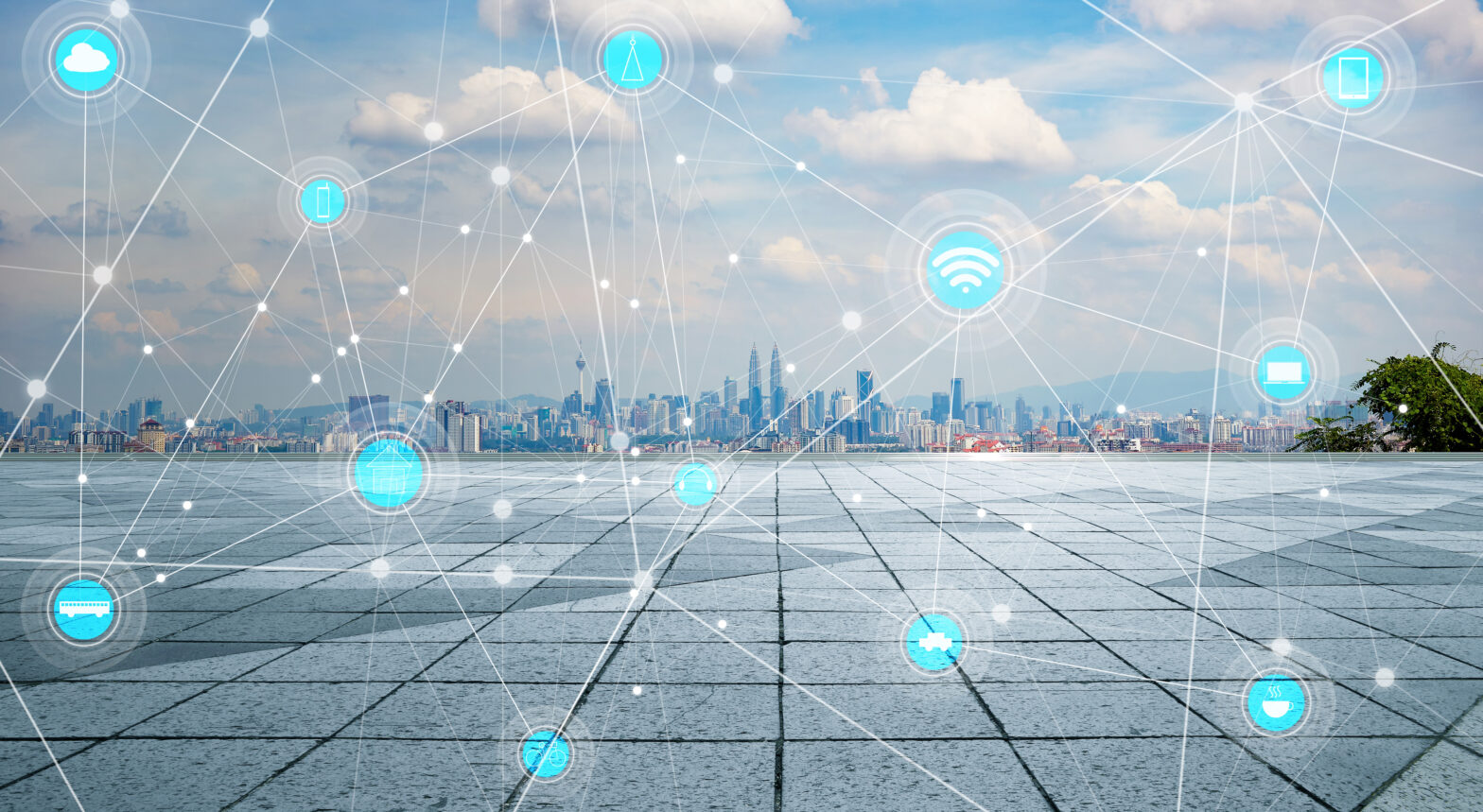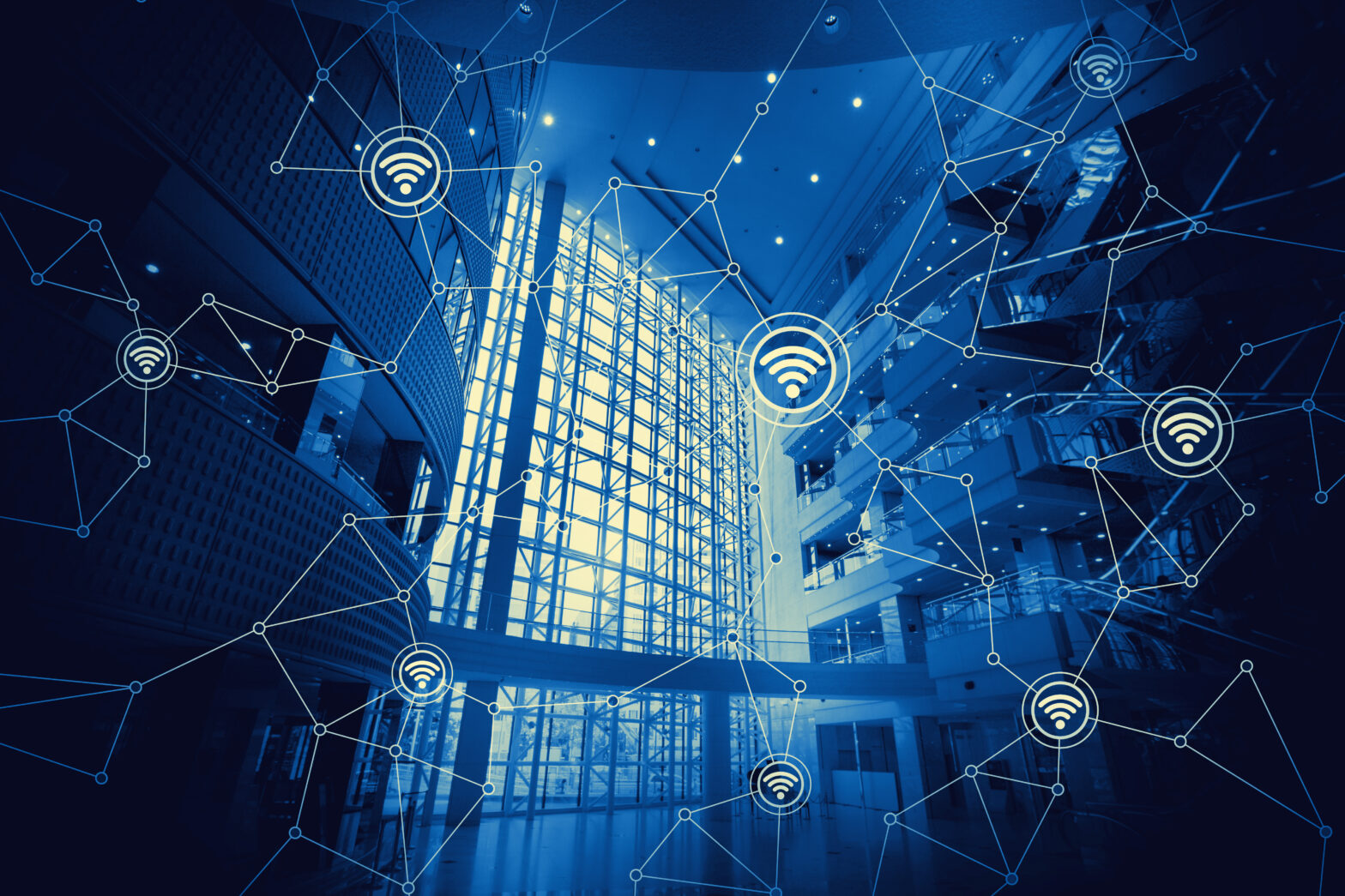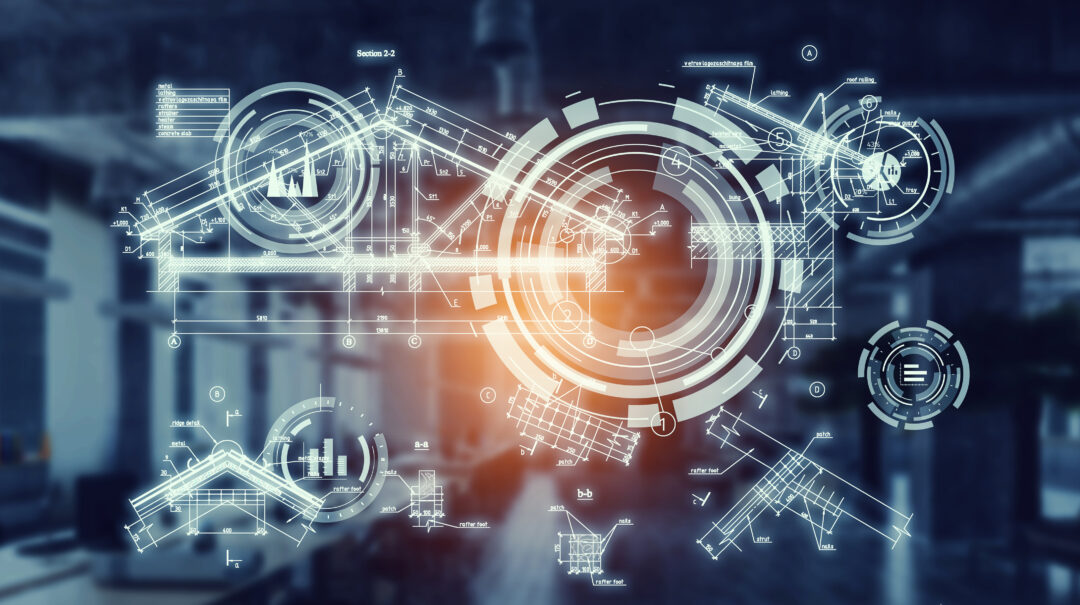Businesses understand that IoT solutions can create operational efficiencies and true transformation within enterprise. However, the applications extends beyond business and into people’s daily lives.,
At the moment, Microsoft’s IoT offerings today are used by companies such as Steelcase, Johnson Controls and Kohler. Schneider Electric, for instance, has built a solution to harness solar energy in Nigeria and is using Microsoft’s IoT platform to do maintenance remotely on the panels, quite literally to keep the lights on.
This increased investment will support continued innovation in Microsoft’s technology platform, as well as supporting programmes, and Microsoft will continue research and development in key areas, including security and intelligent services for IoT.
>See also: How IoT is changing the game in the public sector
According to Microsoft, the company has been investing in IoT before the term was coined, when enterprises had these endpoints in their factories, buildings and other devices that were totally “dark.”
Today, the tech giant is planning to dedicate even more resources to research and innovation in IoT and what is ultimately evolving to be the new intelligent edge.
With it’s IoT platform spanning cloud, OS and devices, Microsoft is uniquely positioned to simplify the IoT journey so any customer — regardless of size, technical expertise, budget, industry or other factors — can create trusted, connected solutions that improve business and customer experiences, as well as the daily lives of people all over the world. The investment announced today will ensure the company can continue to meet all customers’ needs both now and in the future.
Advancing the opportunity in IoT and intelligent edge
Businesses are now seeing the kind of increased adoption and exponential growth in IoT that analysts have been forecasting for years.
A.T. Kearney predicted IoT will lead to a $1.9 trillion productivity increase and $177 billion in reduced costs by 2020. This effect will be pervasive, from connected homes and cars to manufacturers to smart cities and utilities—and everything in between.
>See also: Getting ready for the industrial internet of things
This increased investment will support continued innovation in Microsoft’s technology platform, as well as supporting programs. The company will continue research and development in key areas, including securing IoT, creating development tools and intelligent services for IoT and the edge, and investments to grow our partner ecosystem. Customers and partners can expect new products and services, offerings, resources and programs.
Enabling increasingly sophisticated customers
Microsoft’s IoT offerings today include what businesses need to get started, ranging from operating systems for devices, cloud services to control and secure them, advanced analytics to gain insights, and business applications to enable intelligent action. Microsoft has seen great traction with customers and partners who continue to come up with new ideas and execute them on our platform.
As mentioned, companies like Steelcase, Kohler, Chevron, United Technologies and Johnson Controls are all innovating with Microsoft’s IoT platform, launching new products, solutions and services that transform their business.
>See also: 7 industries that will be radically changed by the IoT
Johnson Controls has transformed the humble thermostat into a smart device that can monitor a range of conditions to optimise building temperatures automatically. Schneider Electric has built a solution to harness solar energy in Nigeria and using our IoT platform to do maintenance remotely on the panels, quite literally to keep the lights on.
Kohler has created a new line of intelligent kitchen and bath fixtures that are not only luxurious to use, but more economical as well. The Alaska Department of Transportation is working with Colorado-based Fathym to build smart roadways that monitor weather conditions and can alert drivers and state officials about treacherous conditions.
These stories keep rolling in, and each new implementation creates a unique transformation.
Mark Hung, research vice president, explained to Information Age that “this is a significant commitment from Microsoft, and it illustrates the impact that IoT is having on enterprises and their digitalisation efforts”.
>See also: The Internet of Things: Success or bust?
Microsoft is also getting a look into how both customers and partners overcome the specific challenges of building an IoT solution that harnesses massive amounts of data.
Whether they’re building products that transform the home, office or factory floor, one thing remains clear: IoT is a collaborative, multi-disciplinary effort that spans cloud development, machine learning, AI, security and privacy.










